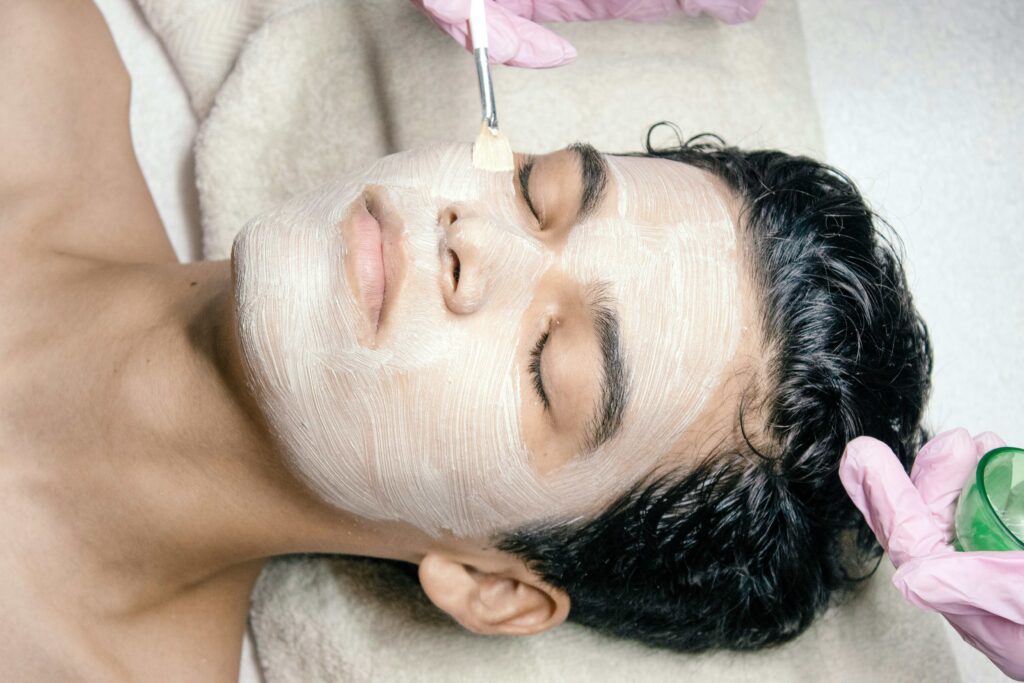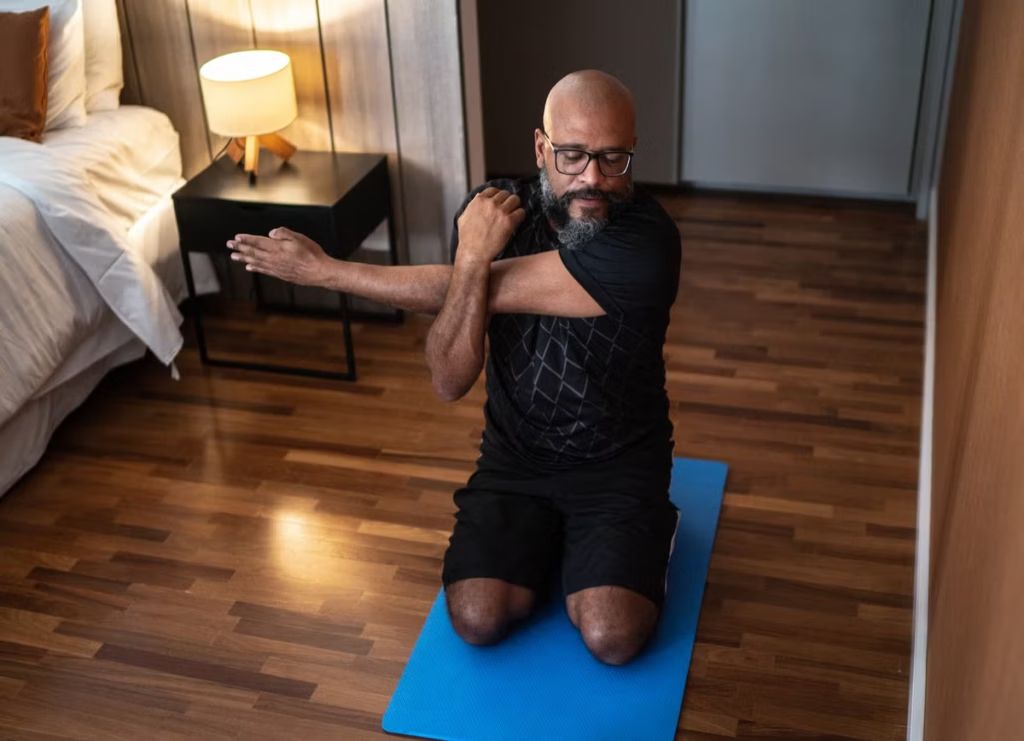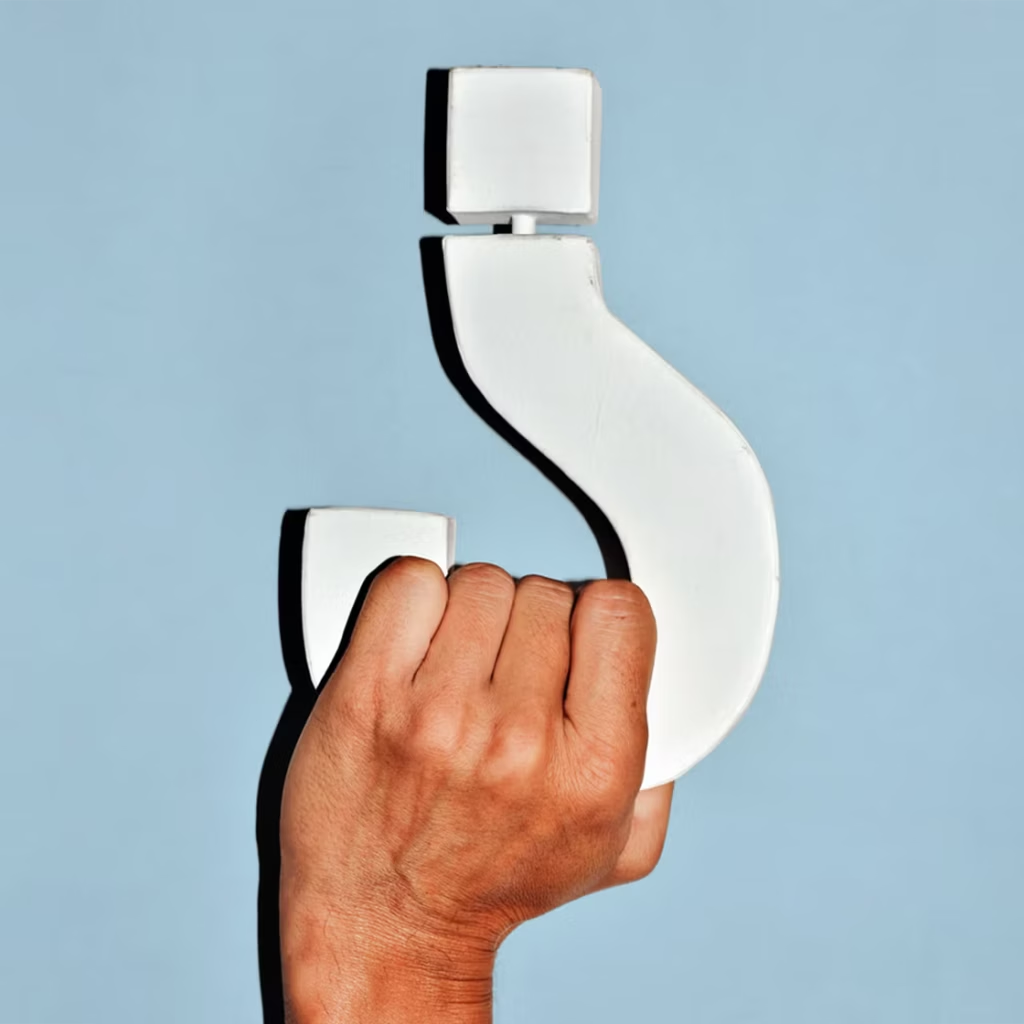Are you suffering from a case of ‘nightmare chainsaw’, or know someone who does? Then, reader, you’ve come to the right place — our ultimate guide on stopping snoring for good. At this point, it’s important that you know you’re not the only one with a habit for nocturnal sniffling, rattling, humming, spluttering and, well, snoring — in fact, around 60 per cent of the Australian population snore. That’s more than 15m snorers Down Under alone and, presumably, a similar number of disgruntled partners.
It’s a common condition that can be caused by several variables including drinking habits, fitness levels, sleep positions, environments and much more. But it’s important to know why it’s happening, what you can do, what it means and how to fix it (for both you and your bedfellow’s sanity).
Below, Men’s Health explores this noisy epidemic and, crucially, what you can do about it. Apologies if it’s a total snoozefest.
What Is Snoring?
Snoring is the harsh sound that comes from your throat when air flows past relaxed tissues, leading them to vibrate as you inhale and exhale. Snoring involves the soft palata and other tissues inside your mouth, throat and nose, caused by a partial blockage of your throat’s upper airway.
Snoring can be caused by a number of factors, such as the anatomy of your mouth and sinuses. For example, the more narrowed your airway, the more forceful the airflow becomes.
Your habits and your hygiene may not be to blame here, though. Snoring can run in the family, as two genetic ‘markers’ in the blood have been identified with a direct correlation to snoring, making it a hereditary issue.
Similarly, the size of your airway can contribute to the rate at which you snore, as people with narrower throats are more likely to snore — and a narrow throat is a trait that can carry through generations in a family. Even your facial structure can contribute, as various genetic components can make you more likely to snore.
Unsurprisingly, snoring can definitely affect your sleep. Regular interruptions of your breathing — each lasting from seconds to minutes — can cause you to frequently wake up, leading you to be drowsy throughout the following day. Also, by waking up frequently in the night, your body will struggle to get a ‘deep’ sleep and, instead, will have its regular pattern interfered with.
Research presented at the European Association of Cardiovascular Imaging in Athens found that people with obstructive sleep apnoea (OSA) have a significantly elevated risk of early cardiovascular damage. After Romanian researchers examined 20 patients with moderate to severe OSA against 20 healthy volunteers and 20 patients with type-2 diabetes, the findings revealed that the patients displayed the same risk of early CV damage as the group with diabetes. Essentially, the findings indicate that chronic snorers have ‘serious cardiac pathology’ and should see a sleep specialist.
A 2015 study published in Neurologyalso found that heavy snoring and sleep apnea could be linked to memory issues and cognitive decline at an earlier age, due to snorers having to stop breathing during the night. The study was based on brain activity and sleep habits of 2000 people aged 55 to 75-years-old and found that subjects who snored developed signs of mild cognitive impairment (MCI) earlier than their quieter counterparts.
Needless to say, this can affect your workouts too. A study from The American College of Sports Medicine found that when your body is deprived of sleep — whether that’s from snoring or not — your muscles will grow significantly more tired long before they run out of glycogen. When you’re running on zero sleep and you add a workout into the mix, you run the risk of multiplying the damage done to your body. Be smart about it.
Being overweight, drinking alcohol and sleeping on your back can cause you to snore more, too. As a result, losing a bit of weight, limiting your boozing habits and sleeping on your side can soften the sound.
Find your snoring solution(s)
Step one: Try one of these
If you’re a light snorer without sleep apnoea (not sure? do a sleep study), an inexpensive quick fix might help you reduce or eliminate your snoring.
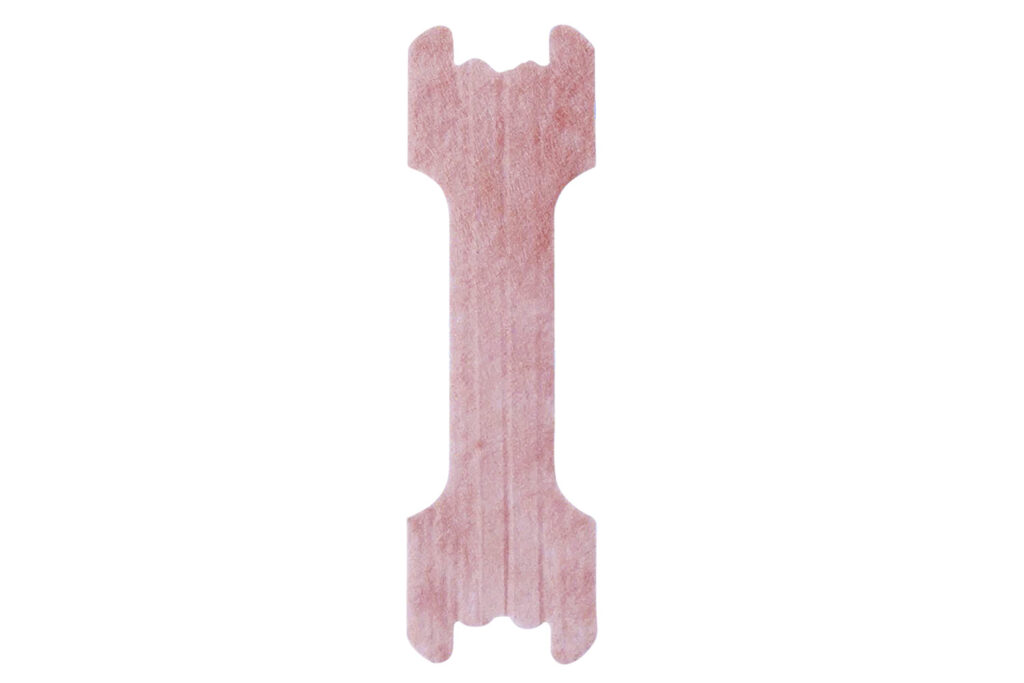
Nasal Dilators
Research studies have shown that adhesive nasal strips like Breathe Right can help decrease snoring intensity. But that’s only if your snoring is coming from your nasal passages – your tongue and soft palate could also be the culprits.
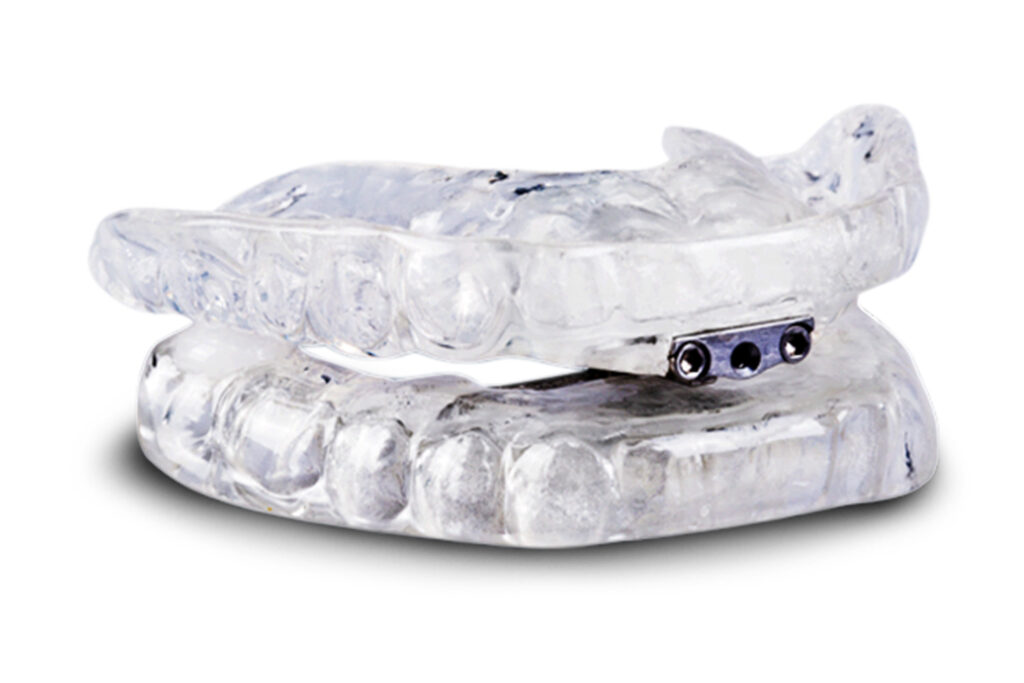
Oral Appliances
Mouthguards for snoring can help move your jaw into alignment, which creates more space for unobstucted airflow. A dentist can fit you for a TAP, but you may want to first try a less expensive OTC item (ZQuiet makes them) to see if you’re comfortable sleeping with one at all.
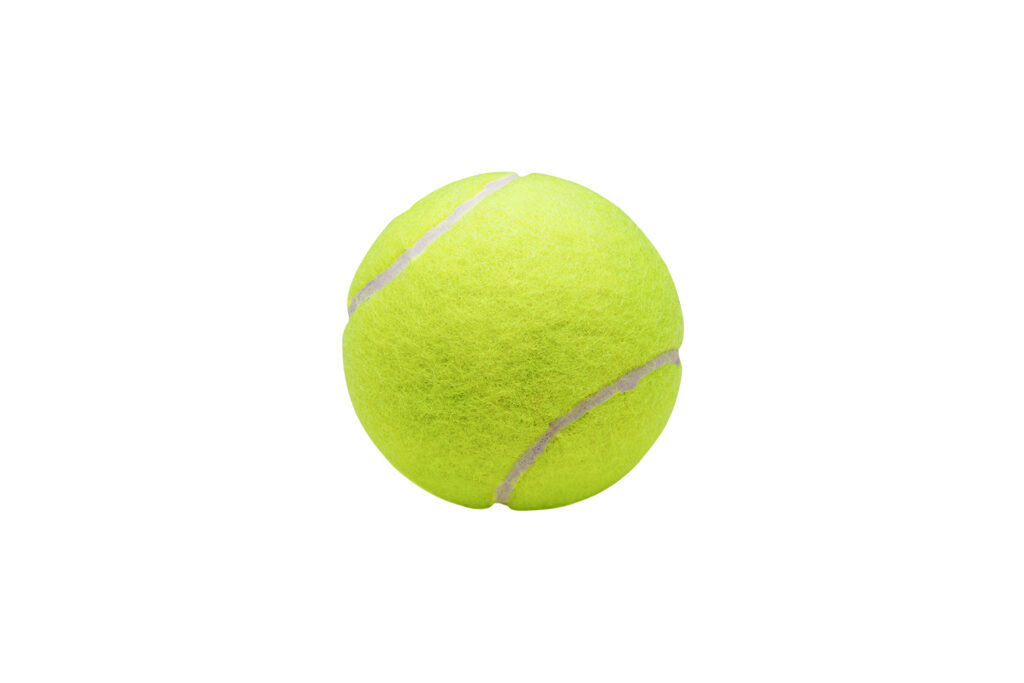
Tennis Ball T-Shirt
Take a tennis ball. Stuff it into a sock. Safety-pin both ends of the sock to the middle of the back of an old T-shirt. Wear the T-shirt to bed. If you’re an on-your-back snorer, the ball will be so uncomfortable you’ll roll onto your side at night. It works – but it’s challenging to get used to.
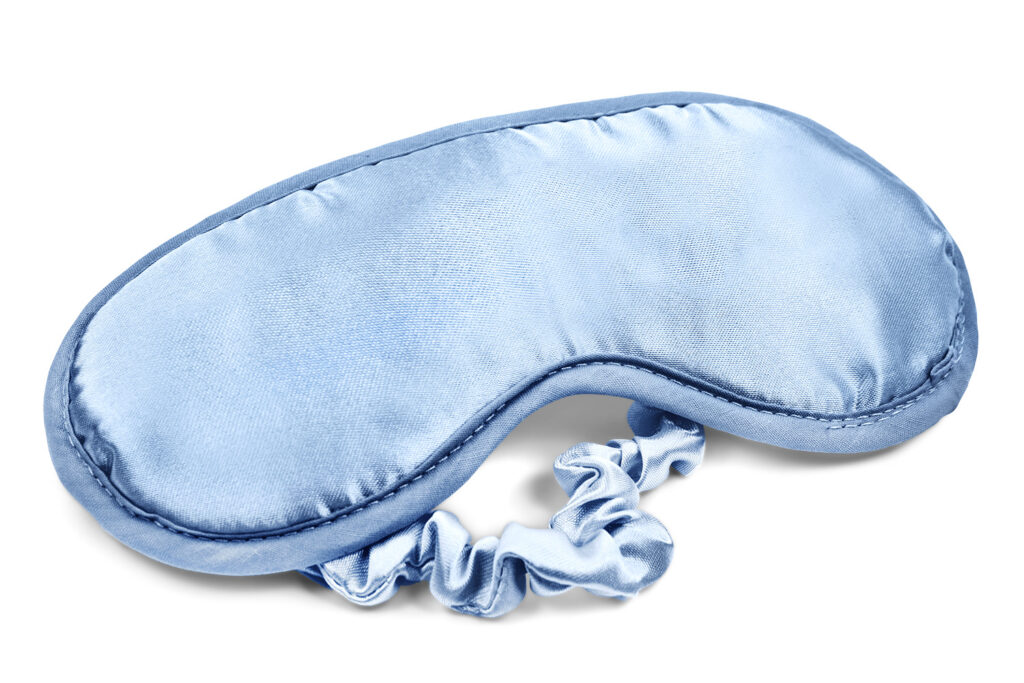
Step two: Get in your (tongue) workouts
If you rarely skip leg day, your dedication may help your snoring. Try adding another workout routine: this set of mouth exercises by Geraldo Lorenzi-Filho, director of the Sleep Lab at the Heart Institute University of São Paulo. People who did 3 sets of 20 daily for 3 months snored 36 per cent less frequently and had a 59 per cent drop in snoring intensity.
Exercise 1: Push the tip of your tongue against the roof of your mouth; slide the tip backward.
Exercise 2: Suck your tongue upwards against the roof of your mouth and press your entire tongue against it.
Exercise 3: Force the back of your tongue against the floor of your mouth while keeping the tip of your tongue in contact with your bottom front teeth.
Exercise 4: Elevate your soft palate (the back of the roof of your mouth) and your uvula (the fleshy protrusion that hangs from your soft palate) while making the vowel sound aaay.
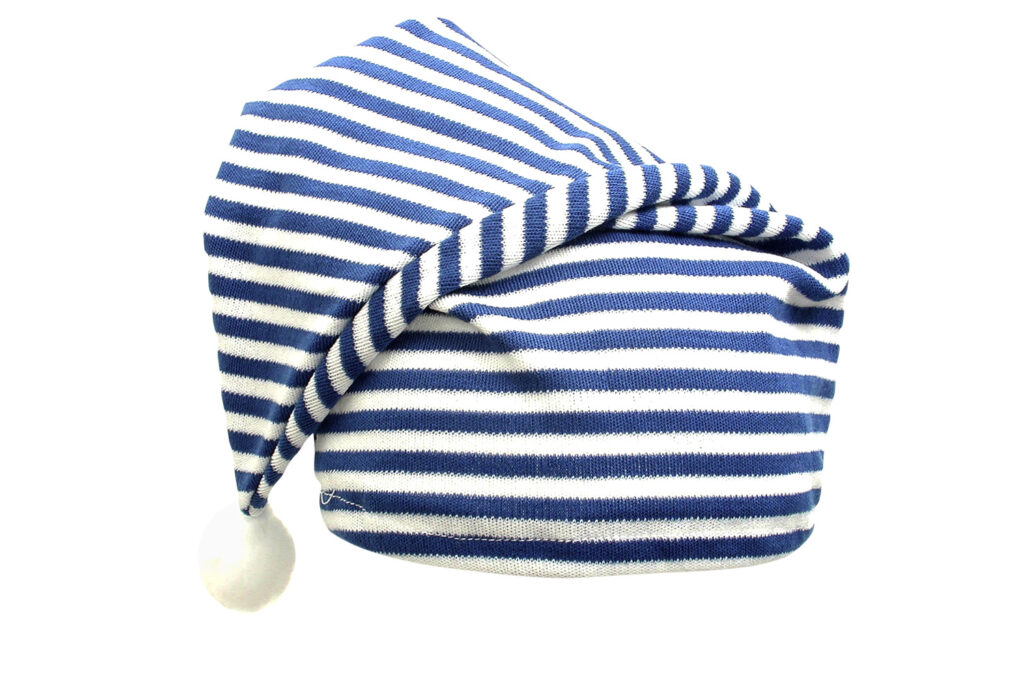
Step three: Okay, fine: Maybe you need surgery
It’s a big step, and if you don’t have apnoea, your insurance likely won’t cover the cost. Though if you can afford the operation, snorers do benefit from it.
Turbinate Surgery: A doctor may shorten or remove the bones along the walls of the nasal passages. People in a 2017 study experienced decreases in snoring and sleepiness symptoms as soon as six weeks after receiving treatment that included turbinoplasty – though not as pronounced as results from nasal reconstruction (yelp!) or surgery aimed at changing the shape of the soft palate.
Tonsillectomy: There’s research that shows that tonsil removal can significantly lessen snoring and sleep apnoea in some people, particularly those who are overweight and/or have large tonsils. The two-week recovery period can be rough, though (pain, nausea, swelling).
Soft-Palate Surgery: Doctors either use lasers to scar and toughen the tissue in the soft palate or insert plastic pillars within the palate that heal over. Both methods open the airways associated with snoring and apnoea. Again, though, the recovery can be painful and last up to two weeks (especially for laser surgery), and reduction in snoring may take a month or more, but the benefits are study-proven.
Other ways to Stop Snoring
Thankfully, there are a lot of options to consider when it comes to beating your midnight murmurs, but you’ll need to work through a list of possibilities before your sleeping habits start to improve. A lot of the options, interestingly, involve your hygiene and your personal health, but can all be fixed without a visit to the pharmacist.
Lose Weight
There are very little downsides to dropping some weight beyond having to buy a new belt. If you’re needing to lose a little heft, it could be your nocturnal habits that benefit. One of the biggest causes of snoring is being overweight and inactive, so dropping the pounds can help pay dividends. “This excess weight often gathers around the throat which, even in small amounts, can contribute to restricting the airway,” explains sleep expert Dr Kamani.
Cut Back on Alcohol
Essentially, alcohol is a relaxant for your muscles, meaning that your jaw and throat muscles relax into your airway — more so than a normal night’s sleep — restricting your airflow and causing you to snore louder than usual. Alcohol will also dehydrate you, leading to a thickened mucus in your mouth and throat, which will cause or worsen your snoring.
Stop Smoking
Sparking up regularly will lead to an irritation of your nose and throat lining, causing swelling and catrrh — a build-up of mucus in your airways, affecting your nose, throat and sinuses — thereby decreasing airflow and causing snoring. Stub it out (using these tips) for better sleep.
Clean Your Bedroom Regularly
Struggling with nasal snoring? You probably have blocked nasal passages. Rather than your current weight or sleeping position, your environment could be the real culprit here. “Dust can irritate the nasal passage, causing the body to create a barrier of mucus blocking it,” says Kamani. “When we are asleep our only option then is to breathe through our mouths, increasing the likelihood that we will snore.”
So here’s what you need to do: change your sheets once a week and vacuum regularly so your nasal passages don’t become clogged with dust and dirt.
Stop Eating Spicy Foods
Stay with us on this one. “Eating spicy food could cause acid reflux, which could make your snoring worse,” says Kamani. Dallas’ US Snoring Centre discovered that acid reflux can cause sinus problems alongside coughing and chest pains at night.
The cause? Undigested food particles travelling back through your airways when you’re laid down, causing blockages and, you guessed it, snoring. Better cancel that curry, then.
Change Your Sleep Position
Get off your back ASAP. Switching between sleep positions can alleviate your snoring habits. Keep on your back, however, and you’ll cause your tongue to roll backwards, blocking your airway and sending snores into the stratosphere. Similarly, excess fatty tissue under your chin can relax and squash your airways — try sleeping on your side to keep things quiet.
Take a Hot Shower
If you find yourself snoring through your nose, you’ll want to try and expand your nasal passages to help air more freely. If your nose is clogged or narrowed, try having a hot shower before bed to open your nasal passages. Likewise, nasal straps like these may help them open up.
Stay Hydrated
Is there anything a glass of water can’t do? Drinking plenty of fluids could be the key to unlocking a quieter night’s sleep. That’s because secretions (mucus) become stickier in your palate and in your nose when you’re dehydrated. According to the NHS, the average man should be necking six to eight glasses of water daily. Still confused about your H20 intake? Here’s our guide for more.
Snore gear for you (and them)
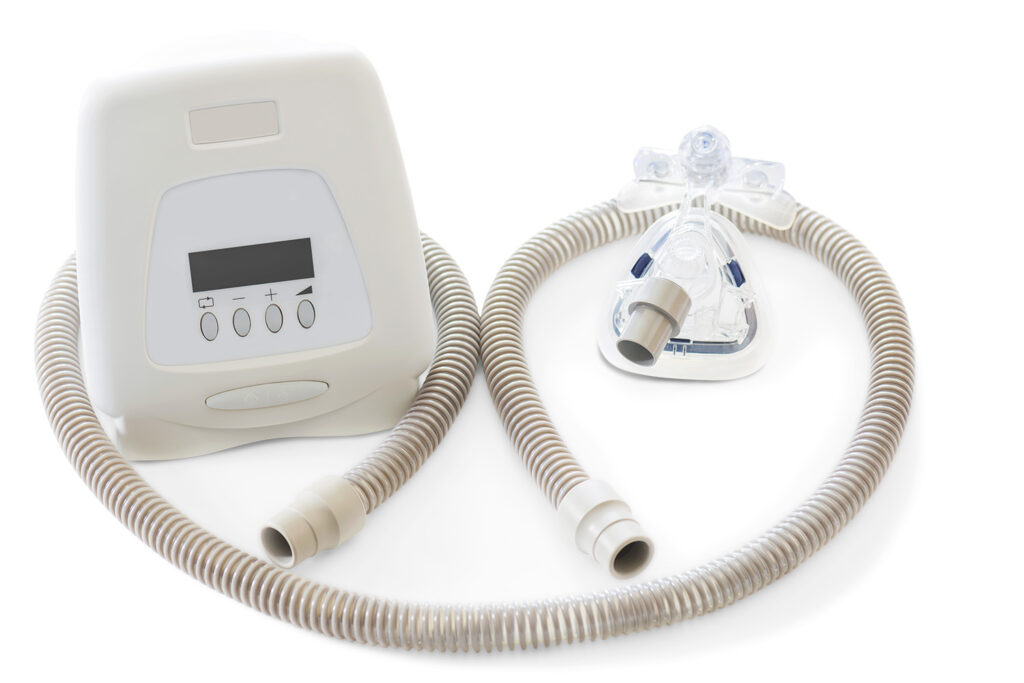
CPAP machine (via prescription)
The devices are more portable, more comfortable and easier to use than those from 20 years ago. Yes, it requires some maintenance (tube washing, ensuring fit), but wearing a CPAP may save your life. “CPAP is the best treatment for moderate to severe obstructive sleep apnoea and the only treatment that eliminates it,” says Lorenzi-Filho.
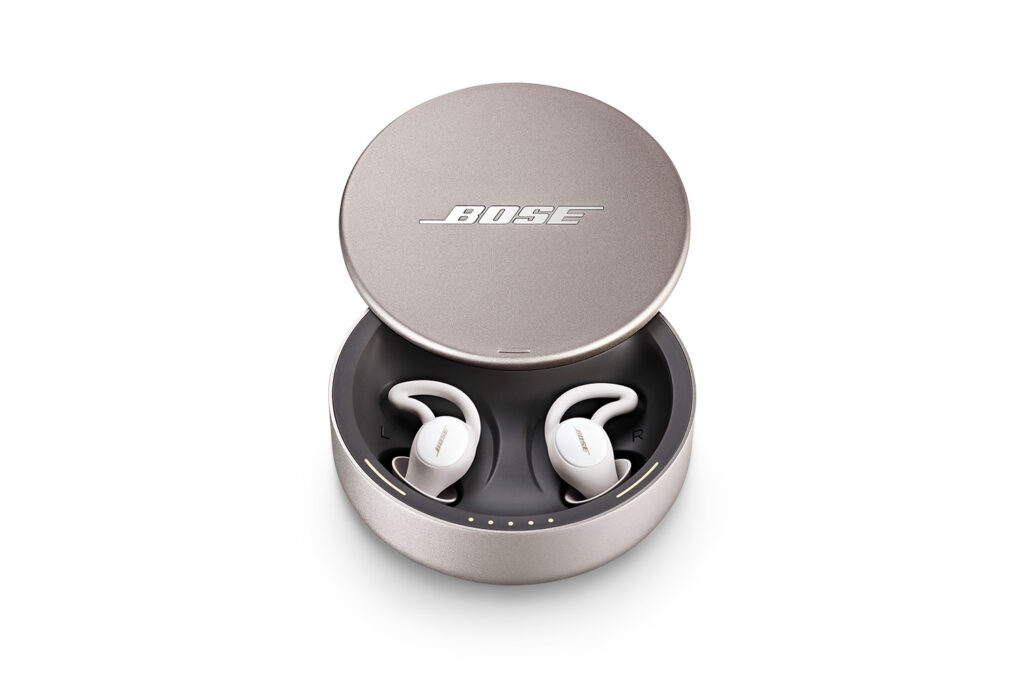
Bose sleepbuds II ($290; bose.com.au)
“I tried earplugs and a white-noise machine, but I still heard him, and it was hard for either of us to hear our kids. These rechargeable buds can drown out even his worst nights with white noise. They muffle crying children, too – so he’s on night-wake-up duty.” – Meghan Kita, wife of the author
Author’s note: Daily soft-palate exercises, a tennis-ball T-shirt and turbinate surgery greatly reduced my snoring, but I’m kicked far less during the night because of these buds.









